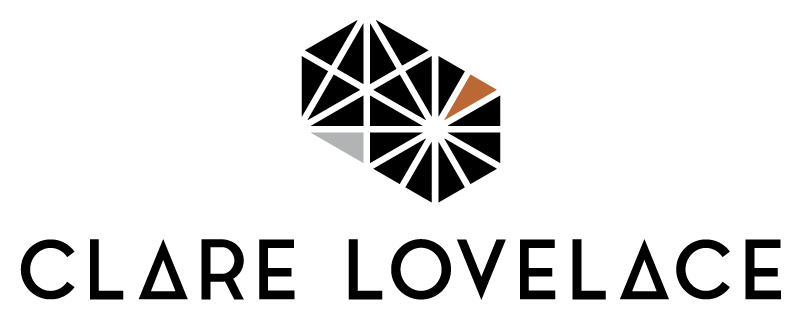co-written with Tara Lewis as part of advanced teacher training with Katie Manistas at Sukha Mukha Yoga
BG (Bhagavad Gita)III.25
saktah karmani-avidvamso / yatha kurvanti bharata
kuryad vidvans tatha-asaktas / cikirsur loka-samgraham
The unwise are attached to their actions, while the wise are unattached and act selflessly to benefit the world.
Have you ever considered your true purpose on this earth?
The Bhagavad Gita is set on a great battlefield, where troubled warrior Arjuna is caught in a dilemma: to follow his dharma as a warrior and fight in a righteous war, or to hold fast to his personal attachments and do nothing to avoid killing his family members. Lord Krishna, taking the form of Arjuna’s charioteer, shows Arjuna that you cannot run from your true purpose and, in fact, to do so is the greatest suffering a human being can experience. In the Gita, the battle is a metaphor for our mortal lives. The task for us is to find and follow our dharma.
So what is dharma? Dharma is, quite simply, what you would rather be doing. Your true calling. It is not the easy path or the path of least resistance. Your dharma may scare the hell out of you but draw you towards it regardless. It might be a creative pursuit, a desire to teach and nurture, or a strong urge to follow a strict spiritual path. It may also be something ‘ordinary’, such as driving a bus or keeping the streets clean. It doesn’t have to be grand. Your life, your wild and precious life, is your art.
You may have experienced times where you felt you were being pushed inexplicably towards a certain path. Maybe there was some hardship that cleared the way for a new opportunity and enabled you to see clearly what is truly important to you? We have all experienced the pull of intuition or ‘gut instinct’, however, in our society many of us have lost trust in this powerful guide. We easily become doubtful, fearful and confused and allow our thoughts to override intuition, which can drag us away from our true path. The practices of yoga – asana, pranayama, scripture, devotional singing and meditation – are means to connect us back to that intuition and to find our dharma.
What then? The Gita offers us guidance as to how to proceed once we have found our dharma. We are simply to act wholeheartedly, to let go of the fruits of our actions.
Every action we take is accompanied by an intention and an outcome. In Western society, we are taught to focus on the outcome, and that outcome is usually to further our own agenda. The ‘American dream’, or ‘Australian dream’ for that matter, tells us that we can have whatever we want if we’re willing to work for it. However, in reality, we have little to no control over the outcome of our actions.
The teachings encourage us to flip this narrative on its head and completely let go of the outcome. When we do this, it is liberating. We are free to be truly present in our actions, because it is when one starts to pursue their purpose without attachment to outcome that they are able to open up to possibility and really give their all. We realise that it is the intention and effort behind the action that is important.
Letting go of outcome is an incredibly powerful practice. It allows us to ‘get out of our own way’, do the work and show up wholeheartedly in our own lives.
We may love to write poetry, for example. If we sit down to write a poem because we want it to get published and become famous, then the process itself will likely be fraught with self-criticism. If it has to be the ‘best poem the world has ever seen’ then it will be difficult to get past the self-censorship. This, in turn, blocks the creative process. If we sit down to write solely for the joy of writing and we are able to completely let go of attachment to outcome, the process is much more enjoyable and profound.
Only when we start to pursue our purpose without attachment to outcome are we able to fulfil our highest potential. It is our duty in this world to live our dharma so we can continue to fill ourselves up and inspire those around us to also WAKE UP.
Howard Thurman writes, “Don’t ask what the world needs. Ask what makes you come alive and do that. Because what the world needs is people who have come alive”. Go out and come alive. Ask what it is you will do with your wild and precious life.


